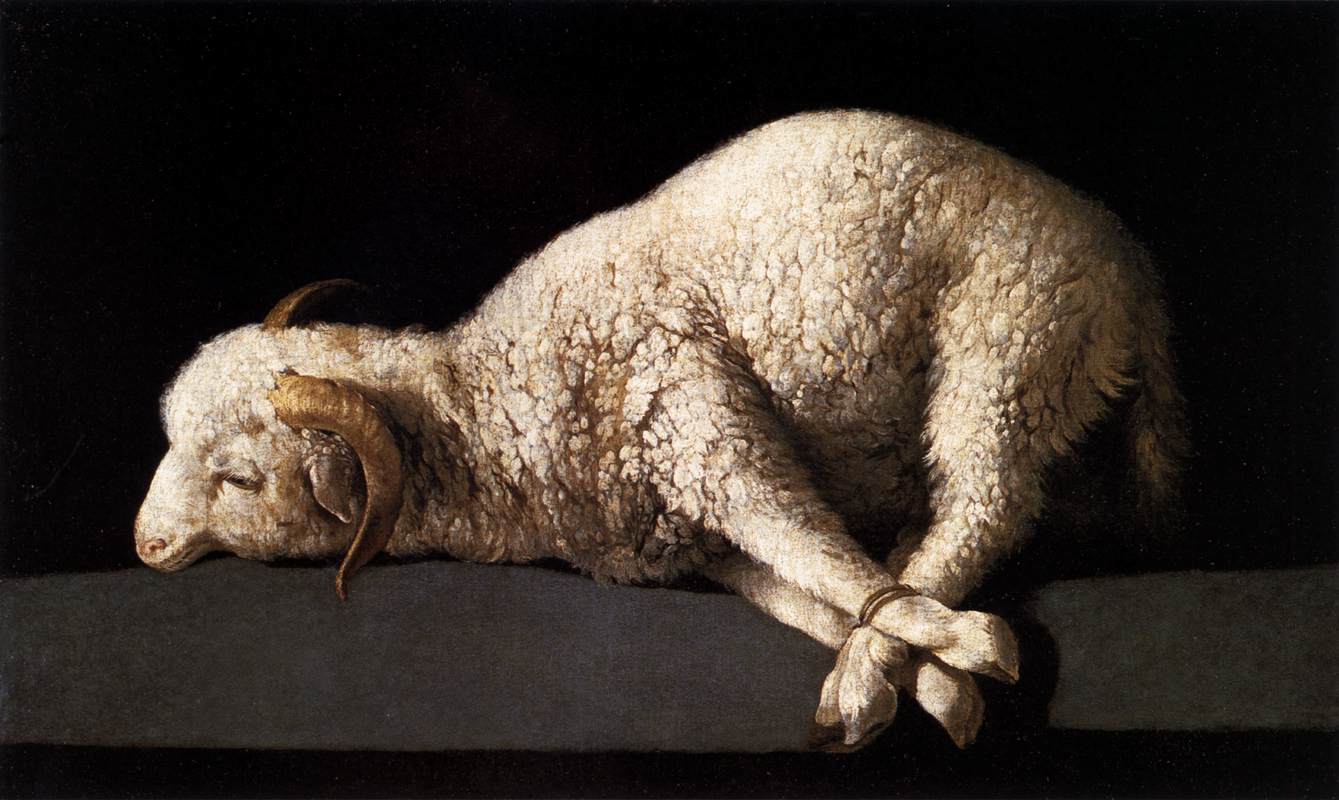Right now, I am sitting in a coffee shop. This is no ordinary Starbucks; this is a dyed-in-the-wool coffee roaster. From my vantage point, I can watch two casually-dressed, scruffy-faced fellows load coffee beans into a large roaster which slowly churns the beans as they cook. They then transfer them into bags which they label, seal, and box. One of the large burlap bags from which they take their beans is labeled in all caps "Product of Colombia." In a way, the bag has been staring at me for the last hour or so. It discomforts me.
When we were in Colombia, we were told the coffee there was terrible. Not being a coffee drinker myself, I took people's comments at face value. It was a shocking reality. Colombia's coffee reputation precedes itself as being a prime locale from which coffee derives. Even I knew that. Juan Valdez hails from Colombia, and it only seemed natural that, in country, the coffee would be superb. It isn't, and there is one reason why.
I read on the plane back to the States that the U.S. is by far the world's largest coffee consumer. Based on no evidence whatsoever, I am going to go so far as to say that Seattle is, per capita, the greatest consumer of coffee in the U.S. Even if this is completely false, a lot of people drink a lot of coffee in Seattle. Now, more than a week after I left Colombia, I am facing a bag of quality Colombian coffee in one of the most coffee-saturated cities in the world. There is a major disconnect here.
The issue is no longer free trade versus fair trade. The issue is a society who thinks it is entitled to the wealth and resources of others. When the resources indigenous to a region become a scarcity, something has gone awry. Coffee consumption might be the best measure of this problem. For all its liberal rhetoric, Seattle leads the way in majority world exploitation or, at the very least, robbery. Herein lies the problem with the liberal agenda. It wants reform. This agenda looks at the current system with affirmation. Liberals then work to change the rhetoric and the people within the system. They redefine the family to include same-sex couples, they elect non-white leaders, they provide jobs for women, and demand a minimum wage. They do this in the name of the system's highest values and virtues, "equality", "freedom", and "opportunity". The system accepts their reforms, and it return, it provides them with what they want: abundant coffee, luxury condos, "green" cars, fair trade foods from around the globe, and the latest styles of textiles. In the end, they end up stealing coffee from Colombians as billions of people worldwide suffer for the sake of conscionable products.
In the end, the liberal agenda has been fighting the right battle on the wrong field. Since they accepted the basic tenants of the system, their reform has done little more than put a different face on the same monster. Meanwhile, they bow down to the monster in gratitude for its delivery of consumable goods. Life lived for the creation of a truly new world requires one rejects the system, seeks to deconstruct it, and rebuilds within its ruins. The new way of being pays no homage to the imperial monsters of neo-liberalism and capitalism. Instead, it embraces diversity without demanding satiation. It looks not beyond its own limited reach, and it is content with what it produces. This is resistance at its greatest pinnacle: when it becomes very, very small. It is time to reject this economic system outright, even if it costs us the benefits of good tasting coffee.

No comments:
Post a Comment